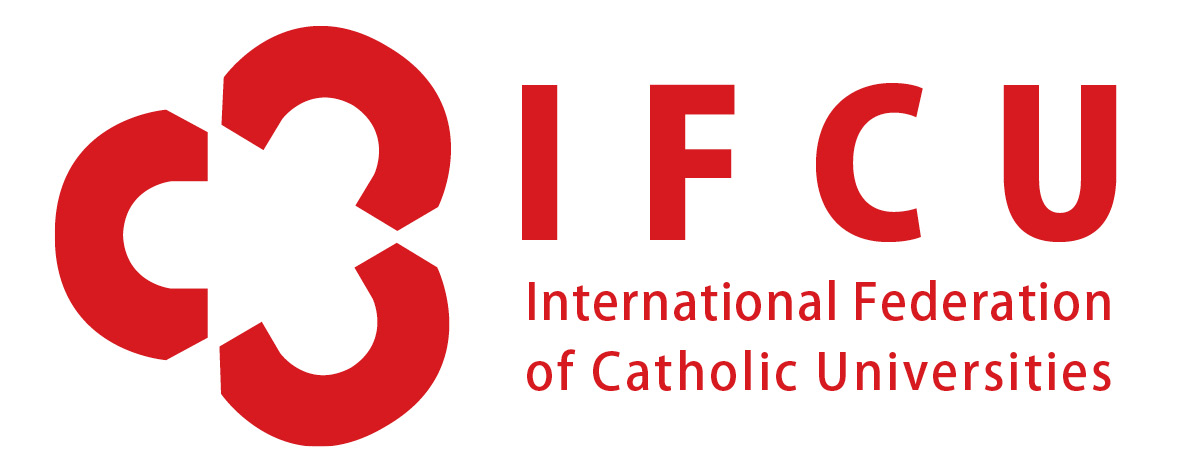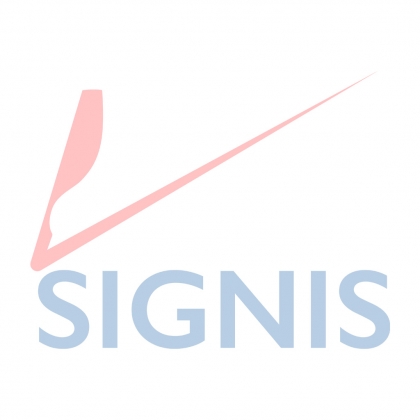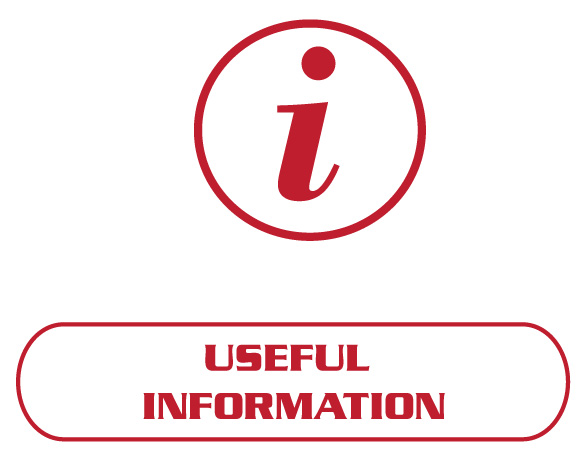The Future of Health and the University Ecosystem
From Nov 04 to Nov 05 2019
Since 1976, life expectancy has grown by 12 years, from 61 to 80 years old. This has had and will continue to have a tremendous impact on how societies organize themselves and plan their future. In a scenario where science and technology are key drivers, human beings live longer and expect to have an improved quality of life. A human embryo’s DNA is “edited” to take out a disease. A pre-programmed drone collects blood samples from residents of a rural village and travels back to the capital.
These are not science-fiction scenarios but a reality at an age that some have called the ‘golden era of innovation’. The research ecosystem (universities, governments, firms) plays a strategic role in this development, but not an exclusive one. User-driven innovation is increasing and finding solutions to help health care professionals deal with complex challenges. But the future of health won’t just be defined by the innovations we set out to create; it will be equally shaped by how we respond to – and anticipate – the challenges and consequences of each great advancement.
Given these technocratic challenges, the Catholic health care education distinguishes itself by its knowledge, fundamentally linked to the value of benevolence. In medical training, the understanding of life comes from a "shared knowledge", the respectful interaction between the caretaker and the patient. And yet, how will universities prepare for the new frontiers of healthcare? How will they prepare their institutional strategies, in founding new Medical and Nursing schools or in developing the health-related research fields?

Since 1976, life expectancy has grown by 12 years, from 61 to 80 years old. This has had and will continue to have a tremendous impact on how societies organize themselves and plan their future. In a scenario where science and technology are key drivers, human beings live longer and expect to have an improved quality of life. A human embryo’s DNA is “edited” to take out a disease. A pre-programmed drone collects blood samples from residents of a rural village and travels back to the capital.
These are not science-fiction scenarios but a reality at an age that some have called the ‘golden era of innovation’. The research ecosystem (universities, governments, firms) plays a strategic role in this development, but not an exclusive one. User-driven innovation is increasing and finding solutions to help health care professionals deal with complex challenges. But the future of health won’t just be defined by the innovations we set out to create; it will be equally shaped by how we respond to – and anticipate – the challenges and consequences of each great advancement.
Given these technocratic challenges, the Catholic health care education distinguishes itself by its knowledge, fundamentally linked to the value of benevolence. In medical training, the understanding of life comes from a "shared knowledge", the respectful interaction between the caretaker and the patient. And yet, how will universities prepare for the new frontiers of healthcare? How will they prepare their institutional strategies, in founding new Medical and Nursing schools or in developing the health-related research fields?
This event is in partnership with the Pontifical Academy for Life
This event is in partnership with Aleteia
You can see a list of speakers and a brief biography of them here and some useful information here.
_______________________________________________________________________________________________________
Program of the Forum :
8.00 - 9.00 – Registration of the participants
10.15 – Private Audience with His Holiness Pope Francis
Hall Paul VI, Vatican City
13.00 – Opening of the Forum
S.E. Cardinal Giuseppe Versaldi, Prefect of the Congregation for Catholic Education - Holy See
S.Exc. Archbishop Vincenzo Paglia, President of the Pontifical Academy for Life - Holy See
Dr. Isabel Capeloa Gil, IFCU President and Rector of the Catholic University of Portugal
13.30 – 15.00 - The Future of Health Education
Chair: Dr. Terry Kersch, C.S.B., IFCU Board Member, President of the St. Joseph’s College, University of Alberta, Canada
Speaker: Dr. Ronald de Pinho, M.D., Former President of the University of Texas MD Anderson Cancer Center, USA
Discussants:
- Dr. Pauline Nuggent, Deputy Vice-Chancellor and Provost of the Australian Catholic University
- Dr. Frederic Houssiau, Vice-Rector for Health Sciences of the Catholic University of Louvain, Belgium
15.00 – 15.15 – Coffee Break
15.15 – 16.45 - Institutional Strategies for Medical Schools and Health Education
Chair: Dr. Pablo Vidal, IFCU Board Member, President of the Catholic University of Valencia, Spain
Speaker: Dr. Jo Ann Rooney, President, Loyola University Chicago, USA (tbc)
Discussants:
- Dr. Herminio Dagoy, O.P., IFCU Vice-President, President of the University of Santo Tomás Manilla, Philippines
- Dr. Firoz Rasul, President of the Aga Khan University, Pakistan
16.45 – 17.15 Special Session : Philanthropy and Health Care
Speaker: Mr. Firoz Ladak, CEO of the Edmond de Rothschild Foundations, Switzerland (tbc)
17.15 – 17.45 – Special Session : European Union Research and Health Policies
Speaker: Dr. José Manuel Durão Barroso, Former President of the European Commission - 2004-2014, Portugal
Forum’s Dinner at Villa Lusa (Rome)
The Villa Lusa, previously Villa Elia, is the seat of the Embassy of Portugal to the Holy See
Tuesday November 5
9.30 – 11.00 - The New Frontiers of Health Research
Chair: Dr. Pierre Vercauteren, IFCU Board Member, Université Catholique de Louvain, Belgium
Speaker: Dr Carl Amrhein, Provost and Vice President Academic of the Aga Khan University (tbc)
Discussants:
- Dr. Chris van Geet, M.D., Ph.D., Vice-Rector for Biomedical Sciences, Catholic University of Leuven, Belgium
- Dr. Marlene Barros, Director of the Center for Interdisciplinary Health Research, Catholic University of Portugal
11.00 - 11.15 – Coffee Break
11.15 – 12.45 - The virtue of life and the ethics of care: a dialogue
Chair: Dr. Fernando Sánchez Campos, IFCU Vice-President, Rector of the Universidad Católica de Costa Rica
Speakers:
- Rev. Kevin Fitzgerald, S.J., John A. Creighton University Professor endowed chair, Creighton University, USA (tbc)
- Dr Thierry Magnin, Secretary General of the French Bishops’ Conference, France
12.45 – 14.00 - Lunch
14.00 – 15.30 – Global Health: The challenges ahead
Chair: Dr. François Mabille, IFCU Secretary General, France
Speaker: Dr. Tedros Adhanom Gebreyesus, Director-General of the World Health Organization, Geneva, Switzerland (tbc)
Discussants:
- Sister Ekaete Ekop, M.D., Congregation Leader Assistant of the Medical Missionaries of Mary, Dublin, Ireland
- Dr. Sueri MOON Co-Director of the Global Health Centre, Graduate Institute of International and Development Studies, Switzerland (tbc)
15.30 – 17.00 – Rectors’ Roundtable : Medical Schools, Health Education and Catholic Teaching: opportunities, problems and best practices.
Speakers: Dr. Ignacio Sanchez, Rector of the Pontifical Catholic University of Chile
Discussants:
- Dr. Franco Anelli, Rector of the Università Cattolica del Sacro Cuore, Italy
- Fr. Alberto Ferreira, Rector of the Catholic University of Mozambique
- Dr. Vincent Han-Sun Chiang, President of the Fu Jen Catholic University, Taiwan
17.00 – Closing Session




